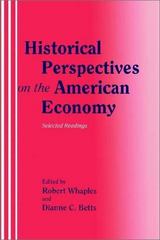Question
Consider the consumer who can derive income from working and also entitled to some dividends (); however, this consumer has to pay a lump sum
Consider the consumer who can derive income from working and also entitled to some dividends (); however, this consumer has to pay a lump sum tax (T). Further assume that consumption (C) and leisure (l) are perfect complements, and the consumer always desires a consumption bundle where the quantities of consumption and leisure are equal, that is a = 1. Suppose that w = 1.75, = 2.8, and T = 5, also assume that total number of hours available (h) =16. Determine the consumer's optimal choice of consumption and leisure; illustrate your answer on the graph (budget constraint, indifference curves, and the optimal consumption bundle), and explain.
Step by Step Solution
There are 3 Steps involved in it
Step: 1

Get Instant Access to Expert-Tailored Solutions
See step-by-step solutions with expert insights and AI powered tools for academic success
Step: 2

Step: 3

Ace Your Homework with AI
Get the answers you need in no time with our AI-driven, step-by-step assistance
Get Started


